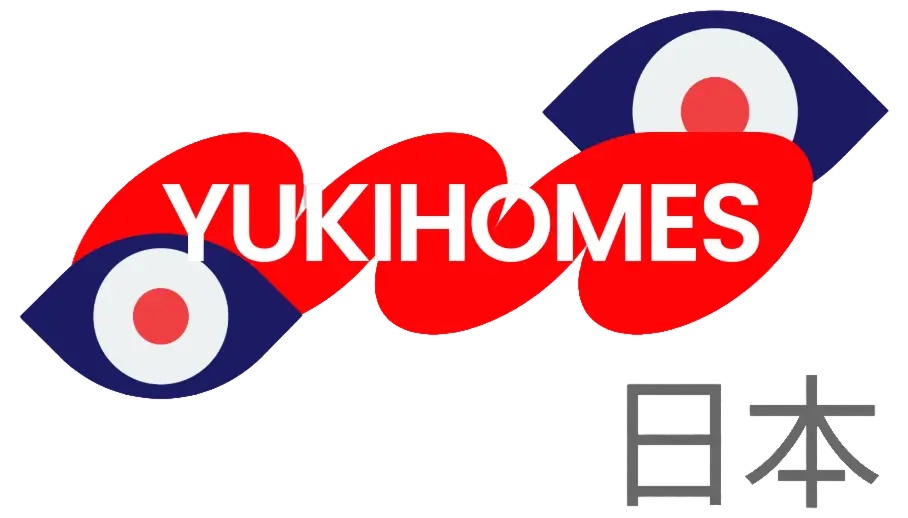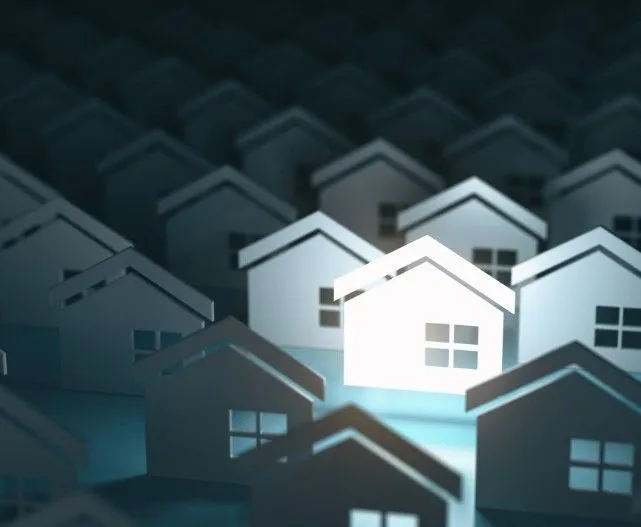What the rest of the world can learn from a culture that doesn’t treat homeownership as an investment.
In much of the Western world, homeownership is an investment. It’s the retirement plan, the nest egg, the one sure way to “build wealth.”
In the U.S., for example, homeowners’ net worth is roughly 40 times higher than renters’. A home isn’t just a place to live, it’s a financial strategy.
I often hear friends who are renovating their homes designing them for resale rather than personal aesthetic.
But in Japan, that idea simply doesn’t translate. Here, homes rarely appreciate. In fact, most depreciate, sometimes to near-zero value within 30 years. A 40-year-old house in suburban Sapporo can be worth less than a Toyota. And yet, people continue to build, buy, and rebuild, not for speculation, but for living.
Because in Japan, a home isn’t an investment vehicle. It’s a vessel for experience, which leaves much more room for personal expression.
1. The Western Wealth Model
In the U.S., homeownership equals stability, status, and security.
Parents tell their kids: Buy as soon as you can, you’re throwing money away on rent otherwise.
It’s a system built on exchange value, the belief that your home’s worth lies in how much someone else will pay for it later.
That belief drives behavior: granite countertops for resale, perfectly neutral paint colors, endless caution about “over-improving.”
It’s not a home, it’s a product.
This mindset creates the wealth gap we all know: those who own build equity with every passing year, while renters pay into someone else’s. Homeowners become forty times richer, not because they’re smarter, but because the system rewards those who leverage debt into appreciation.
This system is also self-reinforcing. If home values are the main way to build wealth, you’ll do what’s necessary to protect that growth, restrict supply, oppose new development, keep zoning exclusive. Politicians respond to these incentives, preserving scarcity to protect existing homeowners’ wealth.
And eventually, you end up where we are now: there just aren’t enough homes.
2. The Japanese Reversal: Homes That Fade, Not Rise
In Japan, homes don’t hold value the way land does.
After 30 years, a typical house is considered functionally obsolete.
Earthquake codes evolve, materials wear, and cultural preferences shift.
A 1990s home isn’t seen as “vintage.” It’s just old, something to be replaced, not flipped.
The result? A real estate market that hums quietly, not frantically.
No bidding wars. No blind offers. No obsession with “the market.”
That may sound tragic to Western ears, all that depreciation!
But there’s a hidden gift inside it: freedom.
When your home isn’t an investment, you’re free to make mistakes.
You’re free to paint the walls the wrong color.
You’re free to tear out the tatami and put them back again.
You’re free to live in the space, not just through it, because you’re not constantly watching the clock of resale value.
And you can see it all across Japan, next time you’re walking around a neighborhood look around, the diversity in home styles is refreshing.
3. The Freedom to Create (and to Fail)
In Japan, there’s a cultural acceptance that things age, change, and sometimes fall apart.
It’s called wabi-sabi, the beauty of imperfection, impermanence, and incompleteness.
Western real estate culture rewards perfection: uniformity, ROI, predictable upgrades. Wabi-sabi rewards experimentation. It says: Build with your heart, not your spreadsheet.
When you stop seeing your home as a financial instrument, you can finally live in it as art, as experiment, as process.
You can learn carpentry by doing it wrong. You can sand floors unevenly.
You can build a deck that’s slightly crooked, and call it character. (Maybe don’t do these things though 😂)
In this way, the depreciating home becomes a classroom.
You’re no longer protecting a fragile asset, you’re cultivating a living space that mirrors your growth and taste.
This mindset liberates creativity.
In rural Japan, many akiya (abandoned homes) have been transformed by young couples, artists, and foreigners into spaces filled with personality, not polish. They aren’t chasing equity. They’re chasing expression.
4. The True Meaning of “Home Value”
Maybe value isn’t just what the market says it is. Maybe it’s in how a home changes you, not how it enriches you.
A Western homeowner looks at equity.
A Japanese homeowner looks at harmony. Both see value, but only one can repaint the walls without guilt.
When depreciation is inevitable, perfection becomes irrelevant.
You can stop optimizing and start enjoying. Create something that is only for you because it will likely get knocked down by the next owner.
That’s the quiet wisdom of Japan’s housing culture: When nothing lasts forever, you’re finally free to make it yours.
Final Thoughts
Buying a home in Japan isn’t always a play for profit, it’s a practice in presence.
It’s wabi-sabi in architectural form: imperfect, temporary, deeply human.
If you want a home that appreciates in spirit, not just value, explore Japan’s hidden towns, seaside shacks, and snowy cabins.
Because sometimes, the best return on investment is the life you get to live inside it.
Explore Japan’s homes your way:
→ Search listings on NipponHomes.com
→ Book a YukiHomes consultation call
✌️ & ❤️
//Derek
Take the Next Step
Join our community for exclusive insights and resources on Japanese real estate investments.

Our team
Meet the founders.

Derek has been working in the Airbnb space for the past 10+ years and recently purchased a home in Japan. He is excited to bring this investment opportunity to others in the States & abroad.

Nick has a passion for adventure and has always dreamed of owning a property in Japan. His dreams finally came true when Derek brought him in on a deal of a lifetime in Hokkaido, Japan - one of Nick's favorite places on Earth.


